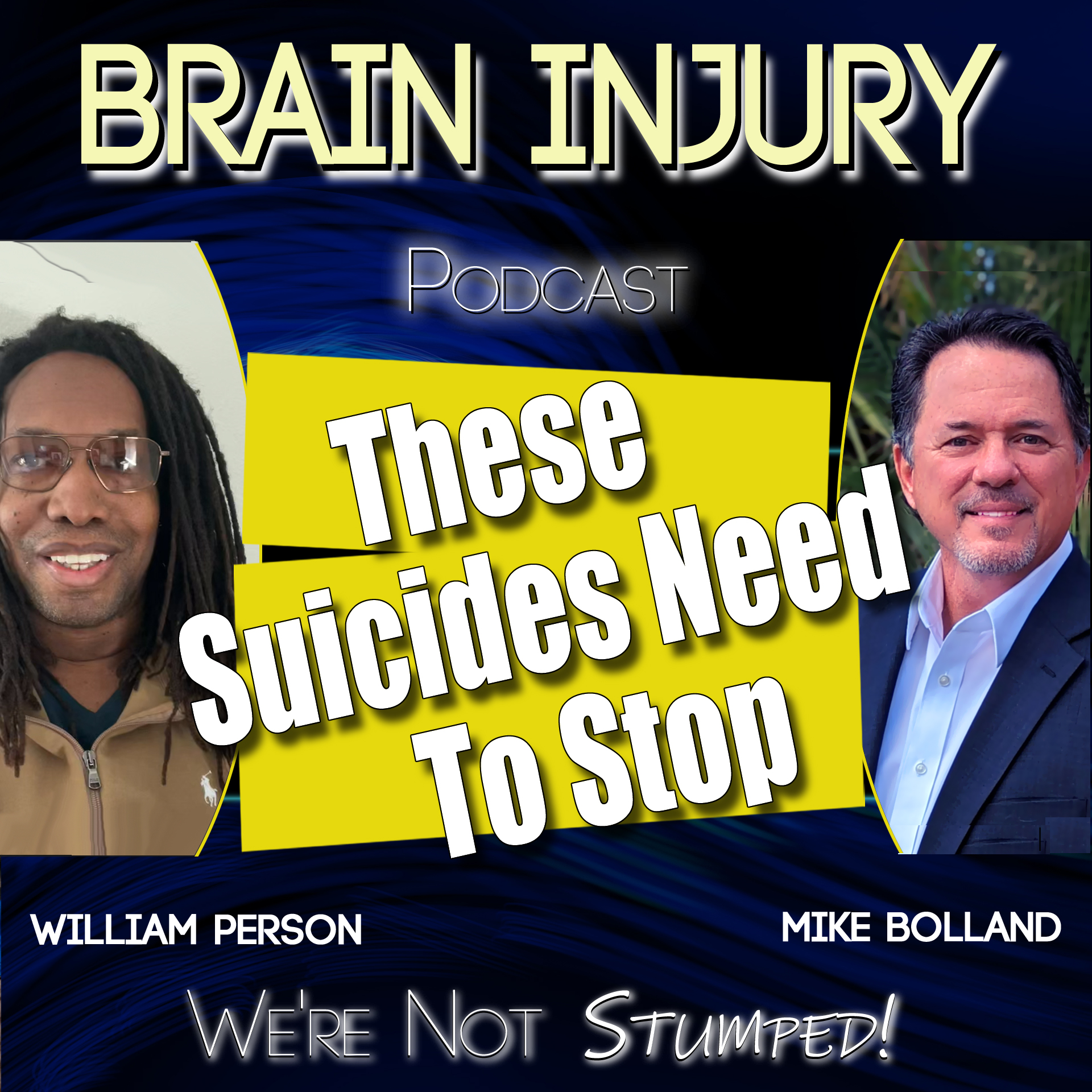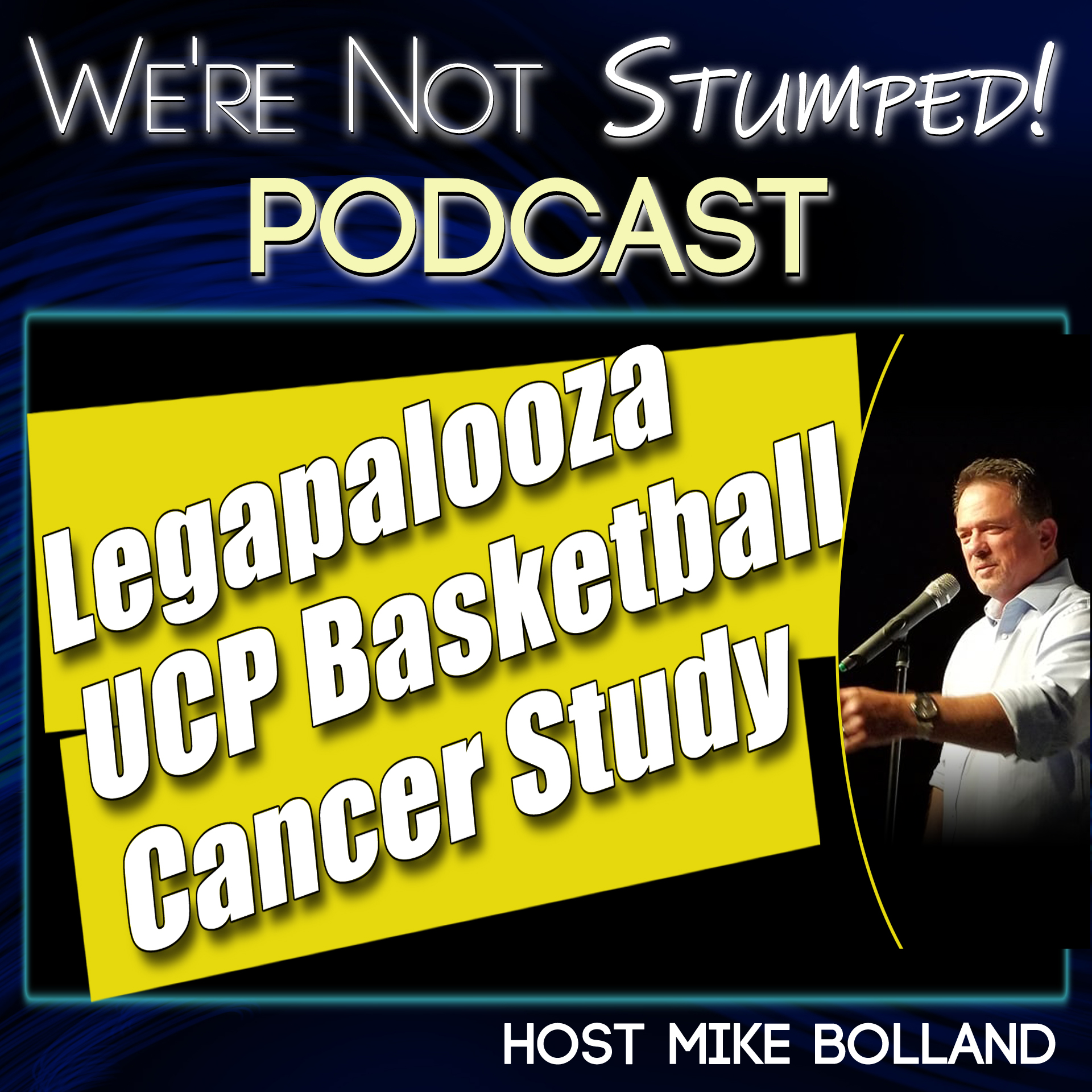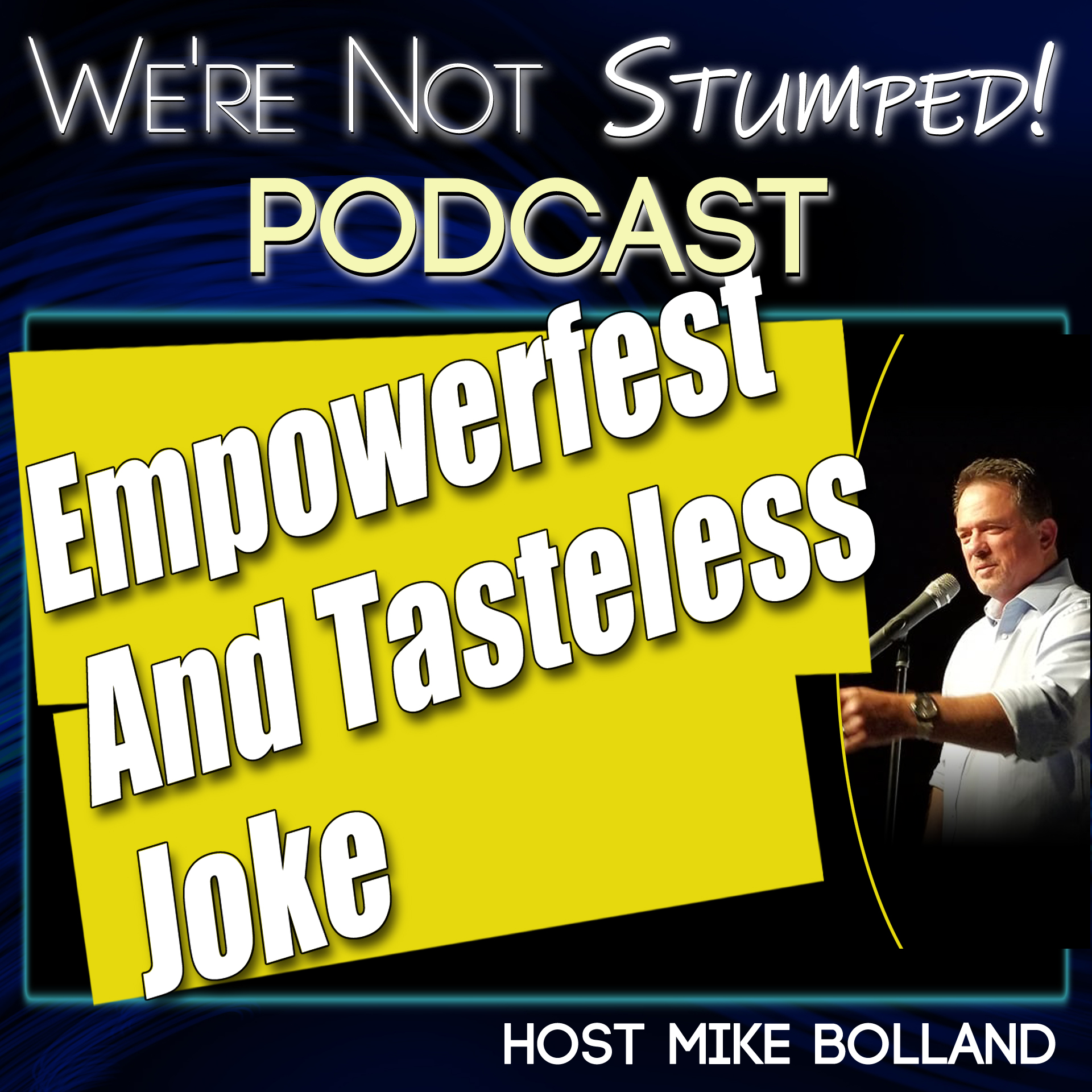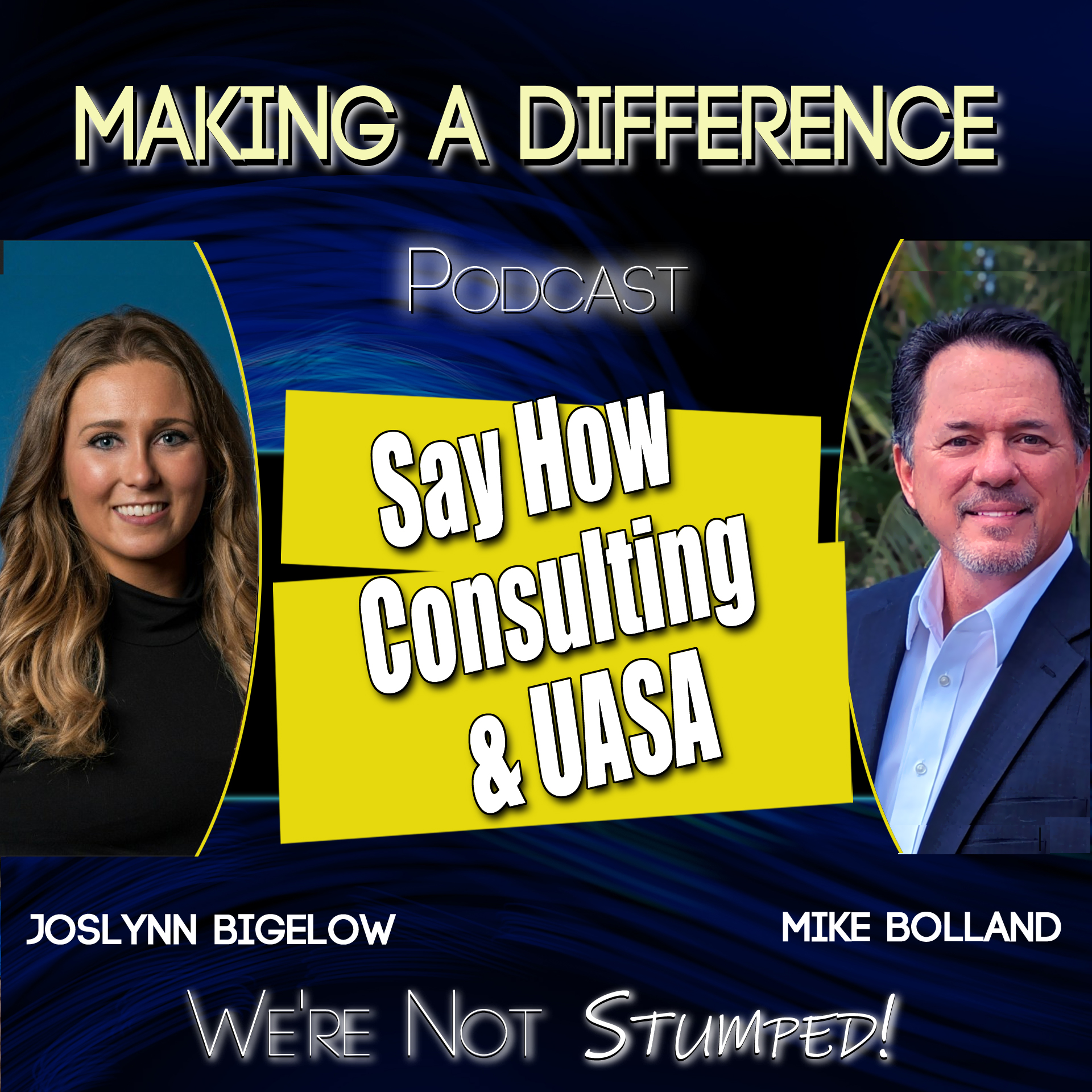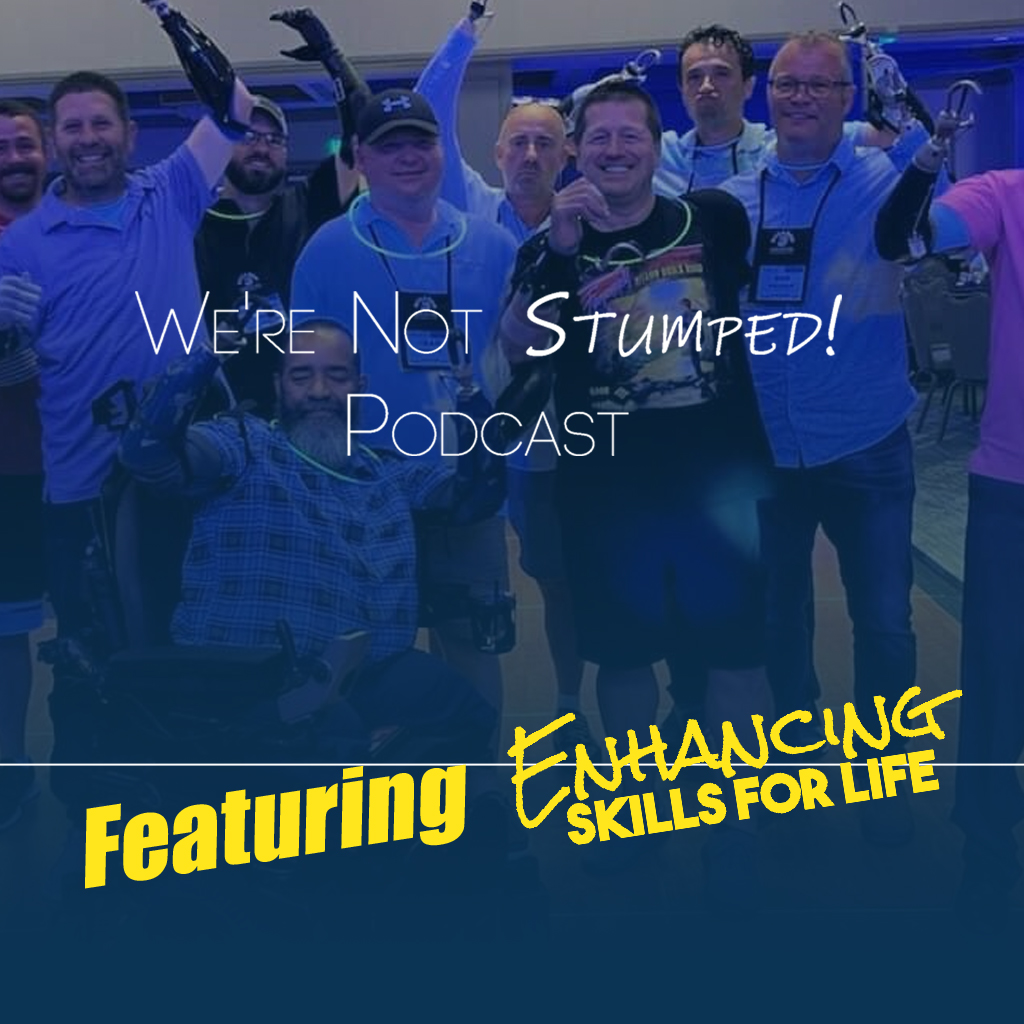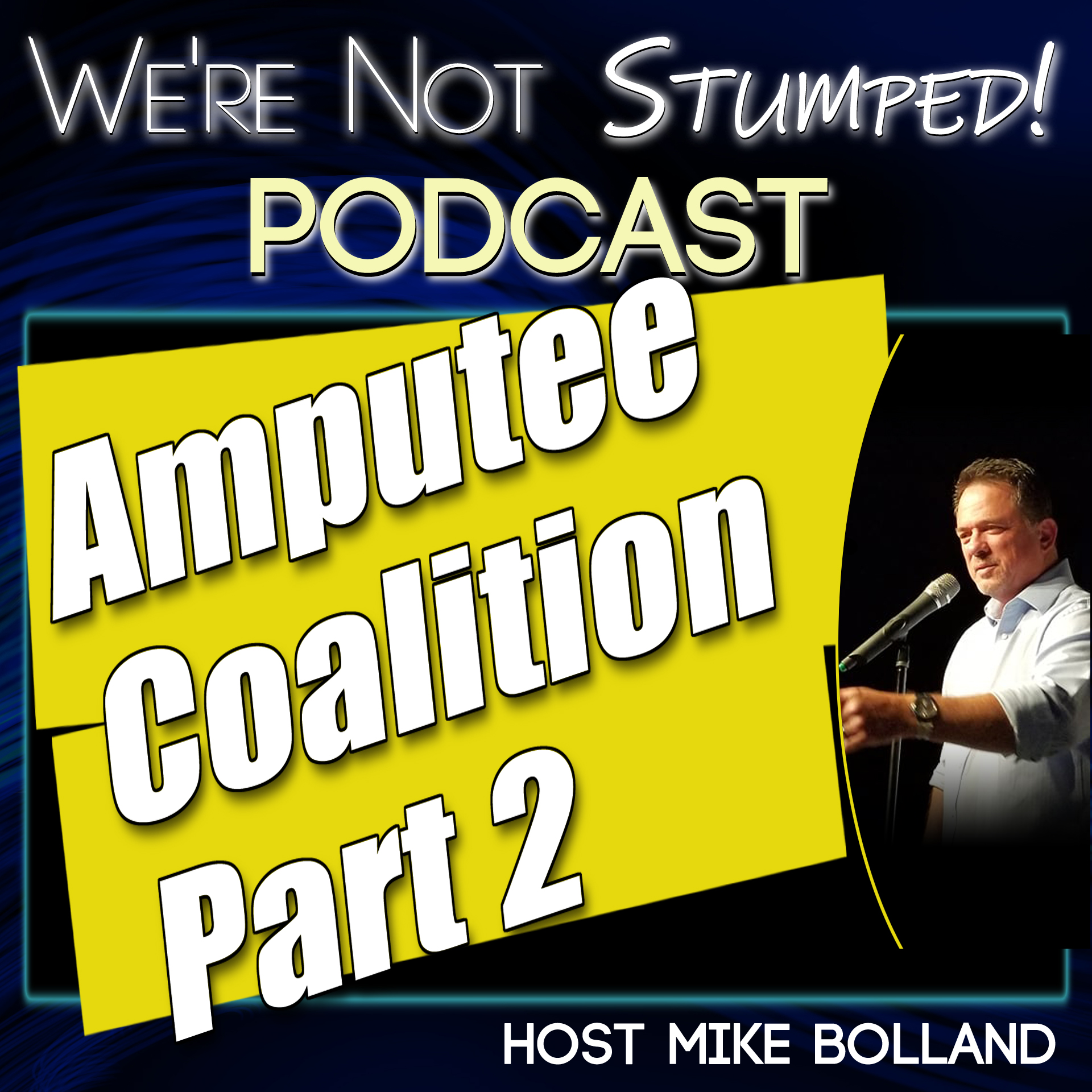General Amputee and Limb Difference Resources Podcast
From Track Star to Bobsled Champion: William Person’s Fight for Mental Health & Athlete Safety
What happens when life takes you in an unexpected direction? For William Person, it meant going from college track and field to becoming an Olympic bobsledder — despite once thinking the sport was “stupid.” In this compelling episode of We’re Not Stumped, host Mike Bolland dives deep into Will’s remarkable story — from athletic triumphs to the unseen mental and physical toll of high-impact sports. Will shares: ✅ An Unexpected Start – How a Canadian team discovered him at ASU and convinced him to try bobsledding—only for him to win a medal in his first week. ✅ The Hidden Dangers – The connection between bobsledding and CTE, the effects of repeated high G-forces, and the lack of medical safeguards for athletes. ✅ Cognitive & Emotional Struggles – How memory lapses, confusion, and the loss of a teammate shaped his journey toward healing. ✅ Advocacy & Recovery – Will’s mission to raise awareness about mental health, his success with oxygen therapy, and his vision to open a treatment facility for athletes and veterans in St. Louis. This episode goes far beyond sports—it’s a story of resilience, healing, and the fight for athlete safety.
More Than Hoops: Coaching, Community and Legapalooza
Mike Bolland highlights two powerful topics of resilience, and community. Topic 1 – A Call for Coaches ArizonAbility is launching a basketball clinic for adults with disabilities, and they’re looking for a passionate coach to lead the way. This isn’t just about basketball—it’s about confidence, teamwork, and creating a space where every player can thrive. Mike explains what this opportunity means for the community and how one coach can make a life-changing impact. Topic 2 – Inspiration from Legapalooza Mike also shares the inspiring story of Legapalooza (https://legapalooza.com/), founded by Tommy Donahue after a life-changing accident. What started as a small charity event has grown into a movement of resilience, connection, and giving back. Tommy’s journey reminds us that when we come together, we can turn challenges into opportunities for hope and empowerment.
EmpowerFest 2025 Highlights + Mike Calls Out Tasteless Comic
In this episode of We’re Not Stumped, host Mike Bolland reviews EmpowerFest 2025, celebrating the limb loss and limb difference community with inspiring speakers, adaptive activities, and unforgettable moments. Mike also shares a story about a comedian who made a tasteless joke about the limb loss community — and how he got the comedian to remove the post. Tune in for insights, laughs, and a look at what makes the limb loss community so resilient and inspiring!
Expanding Inclusion Through Advocacy and Adaptive Sports with Joslynn Bigelow
In this episode of We’re Not Stumped, host Mike Bolland sits down with Joslynn Bigelow, founder and CEO of Say How Consulting, for a powerful conversation on disability advocacy, system navigation, and the importance of dignity of risk. Joslynn shares her personal journey into advocacy, the launch of her consulting business, and her five guiding principles for creating inclusive services: dignity of risk, individual readiness, assess and address, authentic experience, and realistic opportunities. The discussion dives into: ✅ Why “say how” means finding solutions when systems say “no” ✅ The role of dignity of risk in fostering independence and inclusion ✅ The origins and growth of the United Adaptive Soccer Association (UASA) ✅ The challenges of advancing inclusion in adaptive sports ✅ The unique opportunities upcoming global sporting events offer for disability awareness
Empowering Life Without Limits | Enhancing Skills for Life
In this episode of We’re Not Stumped, host Mike Bolland sits down with Shawn Johnson, founder and executive director of Enhancing Skills for Life, and Mike St. Onge, board chairman and quadruple amputee, to explore the organization’s inspiring mission and impact. Shawn, an occupational therapist with nearly three decades of prosthetic and rehabilitation experience, shares how Enhancing Skills for Life grew from its first workshop in 2002 into a global community serving people living without both arms or all four limbs. Mike reflects on his personal journey as a quadruple amputee, highlighting the strength of peer support and empowerment in rebuilding independence. Discover how this nonprofit is transforming lives through: ✅ Workshops and skill-building events ✅ Adaptive equipment resources like the “Hands-Free Catalog” ✅ Scholarships, mentorship, and international participation ✅ Exciting future collaborations and upcoming workshops Whether you’re part of the limb loss community or simply inspired by stories of resilience and hope, this conversation is packed with insight and heart.
Amputee Coalition CEO Pay Doubles from 2019 to 2022
In this episode of We’re Not Stumped, Mike Bolland examines leadership at the Amputee Coalition. Between 2019 and 2022, CEO compensation jumped 107%. Cass Isidro led the organization from February 2023 until August 22, 2025. While reliable sources say she did a good job, Mike discusses why long-term leadership is vital for the limb loss community—highlighting the value of someone deeply committed to the cause rather than viewing the role as a career step. He also shares why he personally would not seek recommendation letters for the Certified Peer Visitor program.
About General Amputee and Limb Difference Resources
“General amputee resources” refer to a broad range of information, services, organizations, and support systems available to individuals who have experienced limb loss or limb differences, as well as their families and caregivers. These resources aim to provide assistance, education, guidance, and community to help amputees adapt to their circumstances, regain independence, and improve their overall quality of life. Here are some examples of general amputee resources:
- Amputee Support Groups: These are local or online communities where amputees can connect with others who have had similar experiences, share advice, and provide emotional support.
- Rehabilitation Services: Rehabilitation centers and physical therapists provide specialized care and training to help amputees regain strength, mobility, and function. Occupational therapists assist with adapting to daily life.
- Educational Materials: Websites, books, and brochures provide information about living with limb loss, prosthetic care, mobility techniques, and maintaining a healthy lifestyle.
- Advocacy Organizations: Nonprofit organizations and advocacy groups, such as the Amputee Coalition, offer resources, education, and advocacy to promote the rights and well-being of amputees.
- Financial Assistance Programs: Some organizations and foundations provide financial assistance or grants to help amputees access necessary prosthetic devices and services.
- Peer Mentoring Programs: These programs match experienced amputees with newly amputated individuals to provide guidance, support, and encouragement during the recovery and adjustment process.
- Government Agencies: Government departments or agencies may offer disability benefits, vocational rehabilitation programs, and resources to assist amputees in securing employment and accessing healthcare services.
- Adaptive Sports and Recreation: Organizations dedicated to adaptive sports and recreational activities offer opportunities for amputees to participate in various physical activities and competitions.
These general amputee resources are essential for individuals adjusting to life after limb loss, as they can provide guidance, support, and practical solutions to help amputees lead fulfilling and independent lives. The specific resources available may vary by location, so individuals are encouraged to explore the options relevant to their needs and circumstances.

